SERVICES
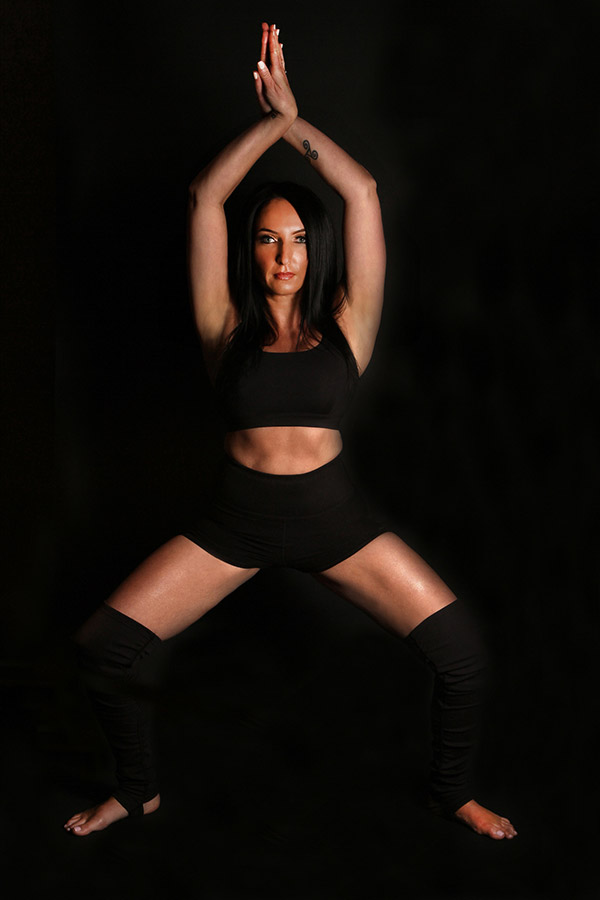
Yoga Therapy
Nicole Zornitzer is one of the only accredited Yoga Therapists on the East Coast of the United States and her education and clinical experience enables her to fuse over 30 years of experience into her group offerings and her private appointments with clients.
Yoga therapy is an individual experience that takes into consideration one’s goals, past injuries, perceived limitations, concerns, overall health, Ayurvedic constitution and needs. During a private yoga therapy appointment, you can expect:
- Individualized evaluation of physical needs which includes working with those who have experienced trauma, injury, or emotional imbalances due to life’s circumstances.
- A clear plan of “action” to meet the needs of the client based on mobility, range of motion, experience, and desires. There will be targeted measures to ensure that all needs from the physical, emotional, and energetic body are met.
- A safe and secure environment to discuss the current state of life and a tailored plan to ensure that all clients receive an appropriate plan of care via yoga asana, meditation, sound therapy and many other healing modalities that will ensure desired results are met.
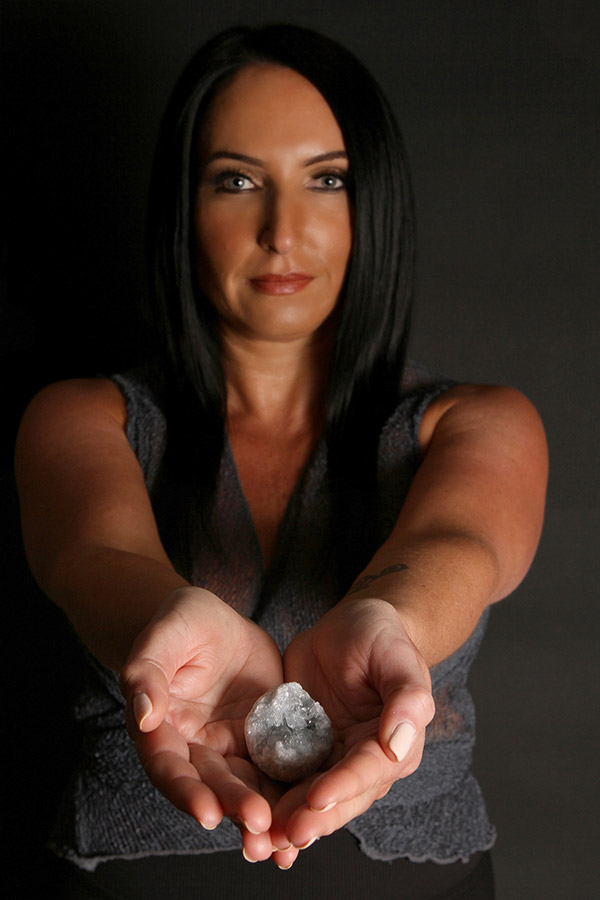
Ayurvedic Counseling
Ayurveda originated in India more than 3,000 years ago. Based on the idea that dis-ease is due to an imbalance or stress in a person’s consciousness, Ayurveda encourages certain lifestyle interventions and natural therapies to regain a balance between the body, mind, spirit, and the environment.
Ayurveda treatment starts with an internal purification process, followed by a special diet, herbal remedies, massage therapy, yoga, and meditation. In an Ayurvedic Counseling session, the goal is to introduce the person to the idea of eliminating impurities, reducing symptoms, increasing resistance to dis-ease, reducing worry, and increasing harmony in life. Herbs and other plants, including oils and common spices, are used extensively in Ayurvedic treatment.
This modality of healing treats disease by addressing imbalances or stresses in a person’s consciousness through lifestyle interventions and natural therapies. The Sanskrit term Ayurveda translates to “knowledge of life,” and the principles of this ancient wisdom remind us that the entire web of life is intricately interwoven. With a unique emphasis on total wellness, the art and science of Ayurveda work to harmonize our internal and external worlds.
In an Ayurvedic counseling session, one can expect creation of a wellness plan that incorporates evaluation of body type (dosha) and appropriate diet and lifestyle recommendations to encourage a state of balance in the mind, body and spirit, as well as a long-term commitment that encourages both the provider and the receiver to put the necessary efforts into a program to receive maximum benefits and results from embracing this lifestyle. As with most healing modalities, this is progressive healing and varies by individual.

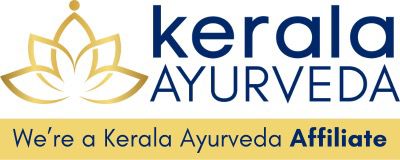
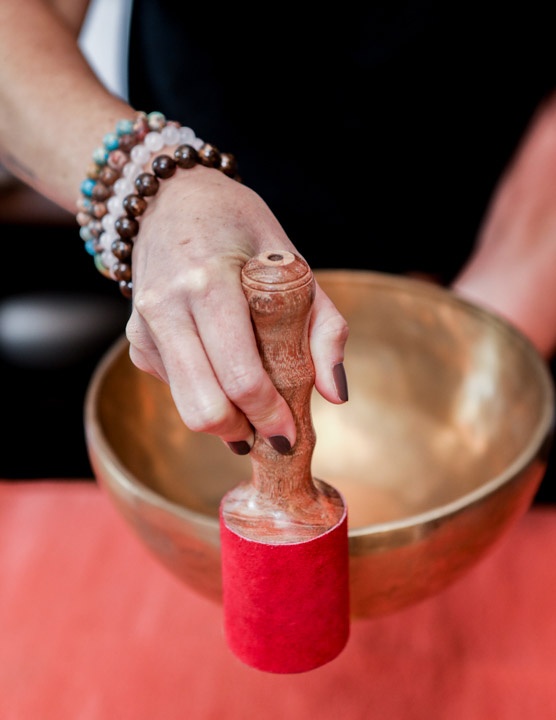
INTEGRAL Sound Therapy
Sound healing is a form of healing that uses vibrations to address physical, mental, and spiritual imbalances.
Sound healing is based on two principles:
- DIFFERENT emotions vibrate at different levels
- Unexpressed emotions are the primary source of dis-ease within the physical and emotional body
The Vibration of Emotions:
Objects aren’t the only things that vibrate. It has been proven that our thoughts and feelings produce energy, which trigger vibrations. Everything vibrates at a different level, including feelings. Emotions that we consider uncomfortable, or unpleasant, vibrate at relatively low levels. Emotions that most people find pleasant and joyful vibrate at higher levels.
The Source of Dis-ease:
For most people, it is easy to express positive emotions like happiness and joy. However, many people don’t want to feel negative emotions, so they stuff them inside. If this is done over years, the lowly vibrating trapped emotions stagnate in the body and cause disease.
How does sound healing work on the energetic level?
The human body is 75% water, which is a great conductor for vibrations. Sound healers use instruments, such as Tibetan bowls, crystal bowls, glasses, gongs, and even tuning forks, that vibrate at specific frequencies when struck. These vibrations correspond to specific emotions. Sound healing works in four ways:
Sympathetic resonance
Scientifically speaking, sympathetic resonance is when the vibrations in one object produce vibrations in another. For example, if you have two tuning forks close to one another, if you strike one, it will cause the other tuning fork to vibrate at a similar frequency.
This is the principle that causes the body to vibrate at the same frequency as the sounds produced by crystal bowls, gongs, tuning forks, and other sound healing instruments.
Brainwave entrainment
Brainwave entrainment refers to the capacity of the brain to naturally synchronize its brainwave frequencies with the rhythm of external stimuli. In practical terms, this means that your brainwave frequencies synchronize with the frequencies produced by sound healing instruments. The positive frequencies allow your cells to operate in harmony with each other, healing organs, bones and uncomfortable emotional states.
Frequency Following Response
Brainwaves are directly linked to mental states of consciousness. There are different types of brainwaves: delta, theta, alpha and beta waves. Relatively slow delta waves are emitted during sleep, faster theta waves are emitted during meditation and beta waves (the fastest) are emitted when we are problem solving or focusing on particular tasks.
Sound waves that correspond to these four types of brain waves are generated when the sound healing practitioner strikes specific bowls.
Balance the brain’s left and right hemispheres
The left and right sides of the brain are very different. The left side of the brain is associated with logic and problem solving. The right side of the brain is associated with creativity. In most people, the right or left side of the brain is dominant. Sound healing works on both sides of the brain to develop areas where we might be weak and improve communication between the hemispheres.
Benefits of Sound Therapy
- Triggers the relaxation response
- Reduces blood pressure
- Alleviates symptoms of chronic stress, anxiety, insomnia, dis-ease causing energy
- Releases and harmonizes the mind, body and spirit
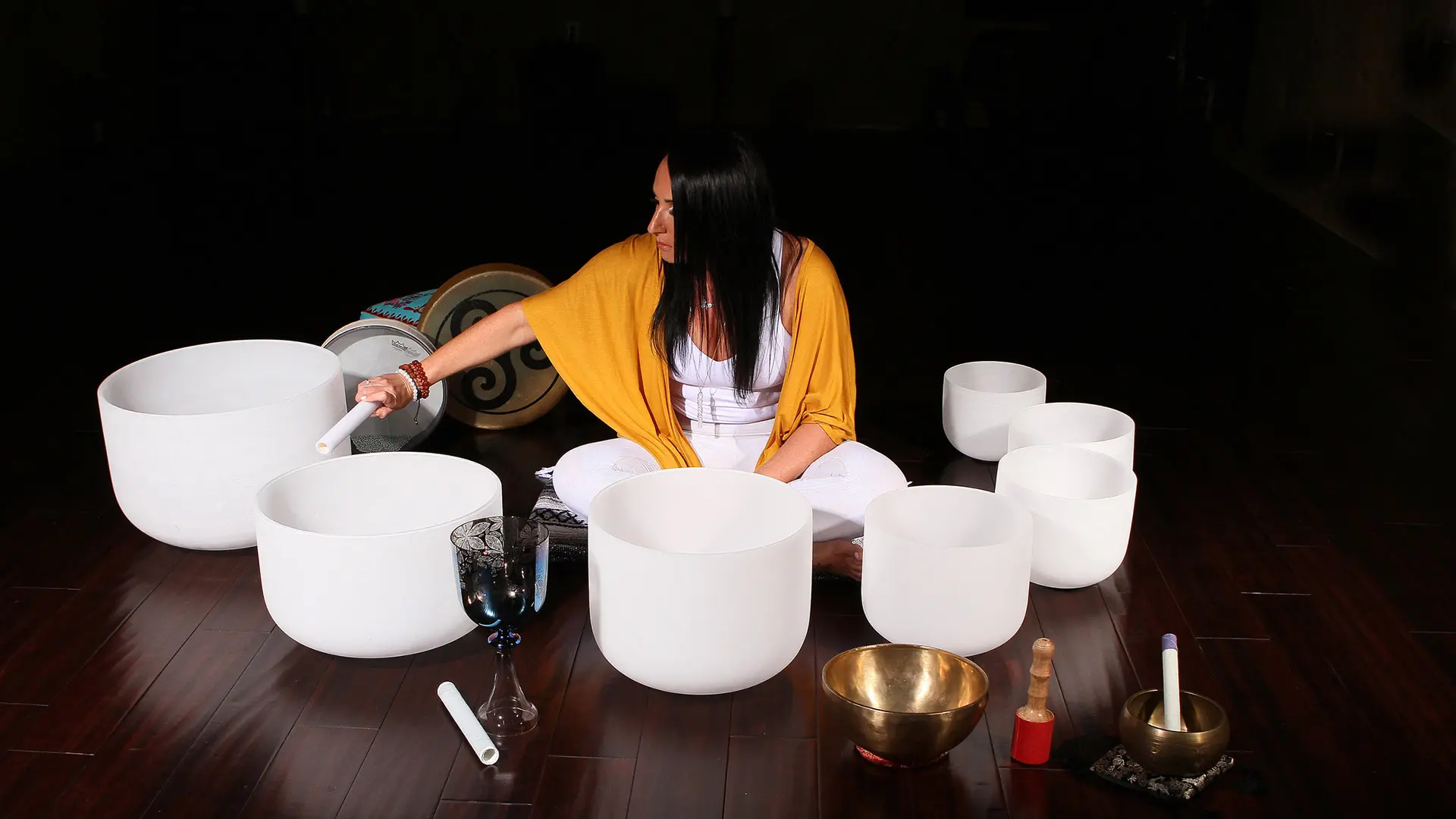
Types of sound healing experiences
Private sound healing sessions
Typically, these are tailored to one’s individual needs. The sound healing practitioner starts the session with an intake form and discussion of the client’s expectations for the session. Thus, the session becomes a joint effort towards wellness and the recipient is as much as a participant in the healing as the facilitator.
Group sound healing sessions
Group sound healing sessions are commonly called “Sound Baths.” During a group experience many instruments are played to bring a sense of relaxation, meditation and wellness to the group.
Sound Therapy is one of the fastest growing forms of healing in the United States. They are excellent for those new to yoga. They can experience the profound states of bliss generated by a traditional asana practice with little to no prior experience on the yoga mat.

Reiki Energy Healing
Reiki is a non-invasive healing technique that promotes balance and restoration of the mind and body by using the touch of a healer’s hand. It focuses on emotional, mental, physical, and spiritual healing and involves moving life energy through the hands to clear blockages. Practitioners receive attunements and use secret symbols to aid in the healing process.
Fire Cupping
Fire cupping is an alternative, non-invasive treatment technique that uses special cups placed on the skin to encourage blood flow and increase circulation and movement of stuck or stagnant energy. The suction and negative pressure provided by cupping can loosen muscles, encourage blood flow, and sedate the nervous system. This is an excellent way to dispel internal heat, relax muscles and minimize pain, and to promote relaxation.
Iyengar Rope Wall
Our Shala features an Iyengar Rope wall, developed by Yogi B.K.S. Iyengar, which originated from Indian homes using ropes to deepen yoga practices and hold inversions for extended periods. Rope walls allow practitioners to deepen poses and assist those who are stiff, weak, or unable to perform certain asanas independently. They are also beneficial for accessing hard-to-reach muscles and holding inversions longer.





